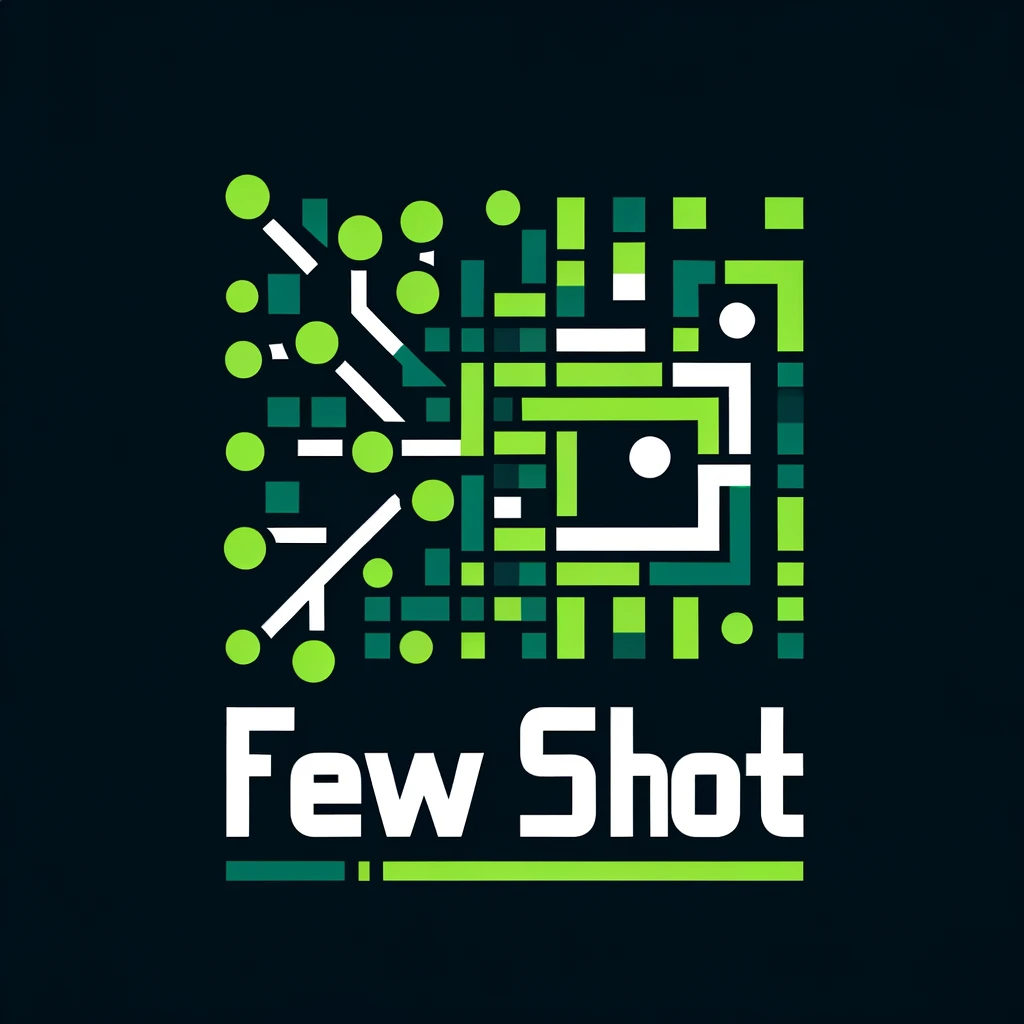The video streaming landscape is now at a crossroads. Traditional platforms continue to play by their own rules and palpable concerns linger about transparency and creator compensation. However, with blockchain technology offering a revolutionary approach to streaming and promising a fairer and more equitable video economy, does the future of traditional video streaming hang in the balance?
Curious about the new paradigm, Olayimika Oyebanji reached out to Michael Jelen, the new CEO of Replay, for valuable insights into the emerging frontier in the video streaming industry.
Can you briefly tell us about yourself and your journey to web3?
I started my career in traditional financial consulting. I actually worked on the Madoff investigation and Lehman Brothers bankruptcy in the United States. Seeing some of the challenges and flaws of the traditional financial system,I moved over to Europe, spent about 10 years working with large financial institutions, largely dealing with Office of Foreign Asset Control (OFAC) Compliance, especially designated nationals and different kinds of sanctioned lists for transactions denominated in U.S. dollars across the SWIFT banking system.
So, I got to see a lot about KYC and some of the things that we're currently struggling with regulation in the crypto industry today. All of these things really led me to have an an open mind around creating a new financial system if and when that opportunity would arise.
And the first time that I got the opportunity to see that in the crypto industry was working in Abu Dhabi to help write the policy and strategy for blockchain adoption. And while I was there, it was my first opportunity to dream big and see what was possible with this technology, and then, during COVID, I spent some time back in the United States working with different DAOs and protocols that were focused on decentralization and bringing power to the people away from the larger financial institutions. And that ultimately led me to work with a bunch of different clients in the consulting space, one of which was Replay.
What are traditional video streaming platforms and how do they defer from decentralized models?
The prominent traditional video streaming platforms include household names for curated content like Netflix, AppleTV, and HBO, as well as user-generated content like YouTube. Though the compensation models and terms vary across these platforms, the terms are set by these large entities, dictating when, how much, and how often creators are paid for their work. In many cases it takes 9-12 months for payments, and in some cases creators must hit a minimum before being paid. Analytics vary from platform to platform, but providing granularity and transparency of viewer analytics are not the priority.
Replay, as a leader in the decentralized streaming space, pays creators immediately as any content is watched. The blockchain provides transparency and puts the role of content selection, fee structure and roadmap in the hands of the community. It also enables the community to create its own content or derivative content which is something we’ve been moving toward lately and we see as an exciting future for streaming content.
Apart from limited transparency, what are the other shortcomings of traditional video streaming services?
As I have earlier pointed out some of the other challenges are compensation model for creators and censorship and centralized curation.
We want to get to a point where we are permissionless, where anyone can upload anything pretty much like how YouTube operates. So that's something we're moving towards and I think it's going to be critical to allow the community to take over curation.
Real-time licensing and payments are a hallmark of blockchain streaming. How does this system work from the perspective of both creators and viewers?
Let us take RPLAY token as an example. It underpins the ecosystem that connects content creators, viewers, advertisers, AI tools, and any other ecosystem participants. As AI grows in prominence as a method of creating new content, it’s important that the derivative content properly attributes value and rewards the original creators - something that isn’t currently happening across most of AI. These innovative licensing structures both benefit creators now and provide a flexible structure for the monetization of community-led or AI-generated derivative content.
Is there room for both traditional and decentralized models to coexist?
Of course, there is room for collaboration and co-existence! It is up to the users can vote with their feet, and a competitor is only a click away. Whoever brings the best content to the table wins. Replay is building the most creator-friendly environment for video, which will attract the strongest creators, thereby delivering the best content to our community.
What can you tell us about the founding of Replay and your emergence as the new CEO?
Although I wasn’t at Replay when it was founded, I’ve been working alongside the team for more than half a year and am no stranger to the company. The transition to CEO has been very natural as Krish and Dan have been spending more time building the AI capabilities that will underpin many of Replay’s future AI creator tools while Maddy continues to lead our incredibly powerful engineering team. I’m energized every day by the team and their abilities, and honored to be here.
I am super excited to be here. I think I have very unique skills that I bring to the table both in terms of crypto, web3 networks and relationships to be able to raise capital and coordinate with different blockchains and develop strong partnerships, bringing us to the next phase of growth which we are currently involved in.
I also have a lot of contacts in the traditional film industry and I think because we are trying to make Replay the best environment for people to be able to build, it’s going to be critical to have those people on our side as trusted allies and provide them with the platform on which they can build and create new content. So, bringing all these unique skill sets to the table I am very proud to be part of this organization; the whole team is excellent and its fun to work with them.
What are some of the key issues that decentralized models need to address for long-term success?
I think the biggest one is governance and leadership. Anyone will tell you that creating a hard, complex product in a decentralized manner is kind of impossible. The common example everyone uses is the iPhone. Like if you had a decentralized organization, you're not going to have the top down leadership and vision to achieve something that's that radically transformative. And I think we're in the same situation with Replay.
So for that reason, we are starting off more centralized to build out the infrastructure, execute the vision and get it to a point of critical mass where everyone else is able to then take it and move forward with it. Our plan is build this in a centralized fashion, which we have been doing, get to a huge amount of adoption and then continue to decentralize that protocol and allow others to take it from there.
We want the community to be able to shape what content makes it in, what content is not allowed or interested in the platform and also to create that set of tools for creators to be able to build the best content as quickly as possible, so. We need everyone. This is a team effort. It just starts off with a clear, communicated, centralized vision, and then later we decentralize and hand over the decision making to the community.
How do you navigate those challenges?
It’s pretty simple: Start centralized to achieve the mission, then decentralize and hand it over to the people. Worked for many other protocols and will continue to evolve.
Can you share a success story with us?
Cyko KO. This is a comic book and the cast of Napoleon Dynamite and the creator is Rob Feldman, who I actually did a Twitter space with. What they did was they wanted to see if we could do a kind of an end-to-end monetization experiment for creating new content. So the first thing we did was we actually funded it through crowdfunding by selling NFTs, which gave people producer credit.
Then at that point, those people with that NFT would have gated viewership opportunities so they could see that content first once it was out. We have also been training AI models on this content so that we can create derivative content from it. So this would be and I'll send you a demo of this as well so you can take a look at it. But you could type into a chat bot, “hey, make me a new scene or make me a trailer where a psycho fights a giant spider”.
And this is the same sort of thing that would allow us in the future to say, hey, “I want to see scene number one, but tell it from this other character's perspective”. The possibilities are endless, but we've seen that as a proof of concept, we're able to do this and execute on it, and it's a very exciting technology.
What this means as a success story, and the reason this is so important, is that we can go all the way from an idea through crowdfunding, through creation, have a decentralized group of individuals who have funded and created this thing and then create derivative content, all of which can be monetized. And every single time someone watches this, all the people involved can get compensated and paid for it. That's radical and it's like a Kickstarter for video content. We are really just scratching the surface. But I think it's an extremely exciting, good example and something that we are very excited to continue to build out for future creators.
Any parting words?
The main thing I want to focus on here is that crypto and blockchain technology as a whole is the opportunity to give power back to the people. The video streaming world is very highly centralized. You're dealing with a handful of players like Netflix, YouTube, etc., and it's very difficult for a small creator or an independent creator to be able to combat that or negotiate with that.
Replay recognizes that with tools like a I, more and more people can become creators and everyone is a freelancer. We're all working on different projects.
Never before have we had the opportunity for these people to come together and create independent content that's at the same caliber or a highly tier one driven caliber that people want to watch. And now that we have that ability, there needs to be a distribution channel that is creator friendly, rewards those people and also provides them with any sort of technology or AI tools to allow them to do their job better and faster.
It also is community driven and people and communities are going to set the precedent of what kind of content they want to watch. So if you have a group of people that all are interested in taking their lives or taking their own story and using text to video generative AI, they're able come up with content and publish that and watch and monetize it. And so anyone becomes a creator. We are appealing to both the highest end creators, people that are interested in going through a different monetization platform as well as making every individual creator, and that's what Replay is all about. We are extremely excited for the power the blockchain technology provides and can't wait to be the platform that brings us to the world.

